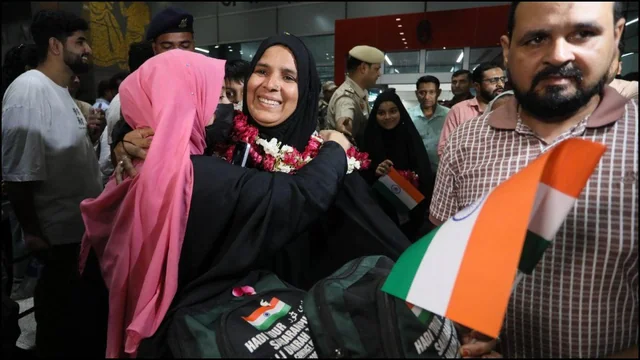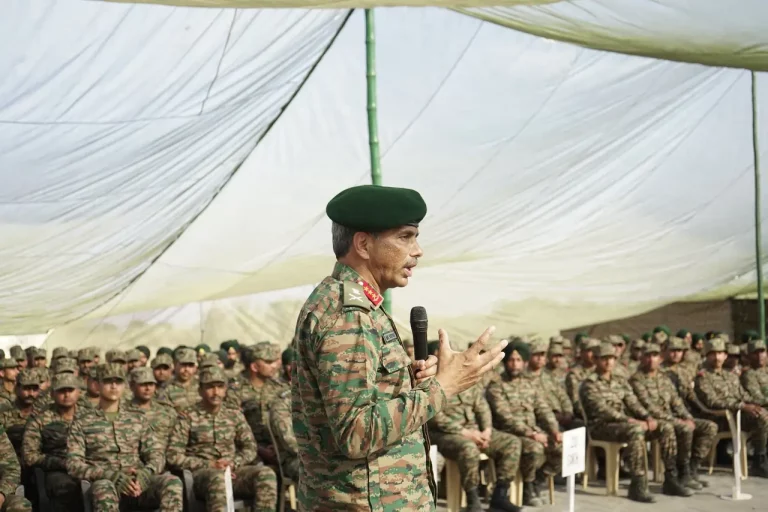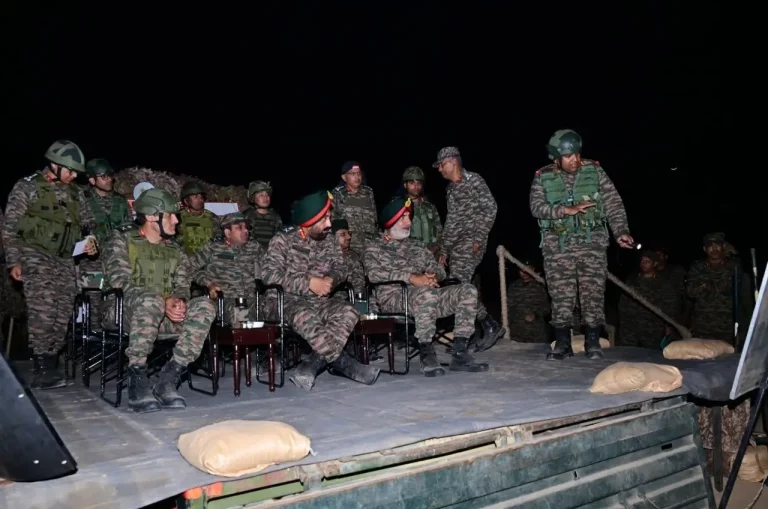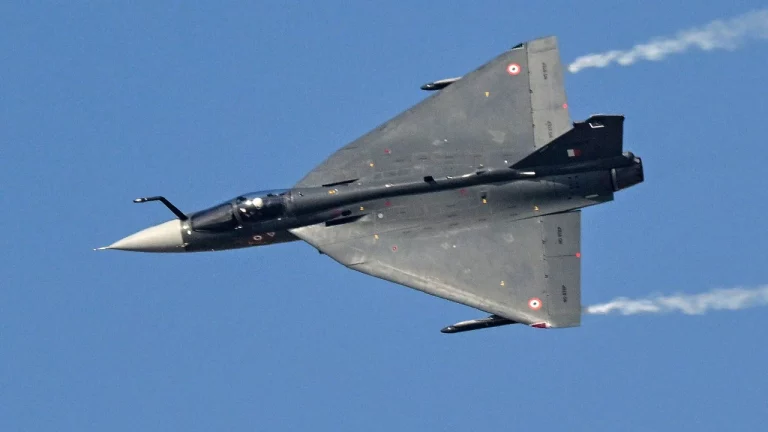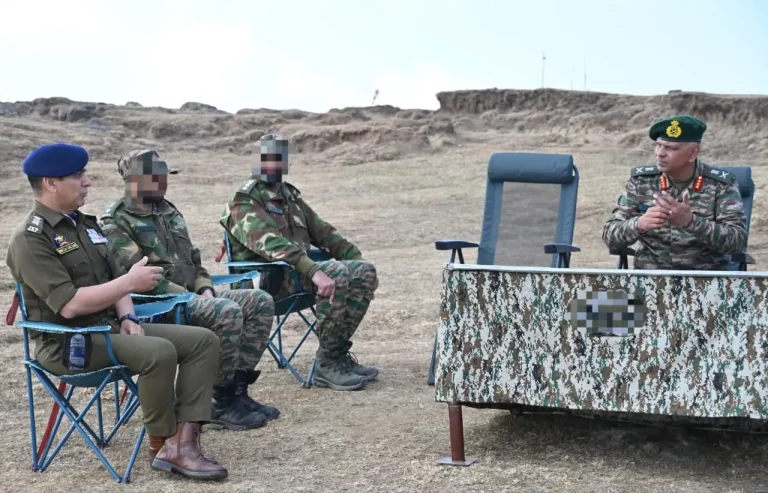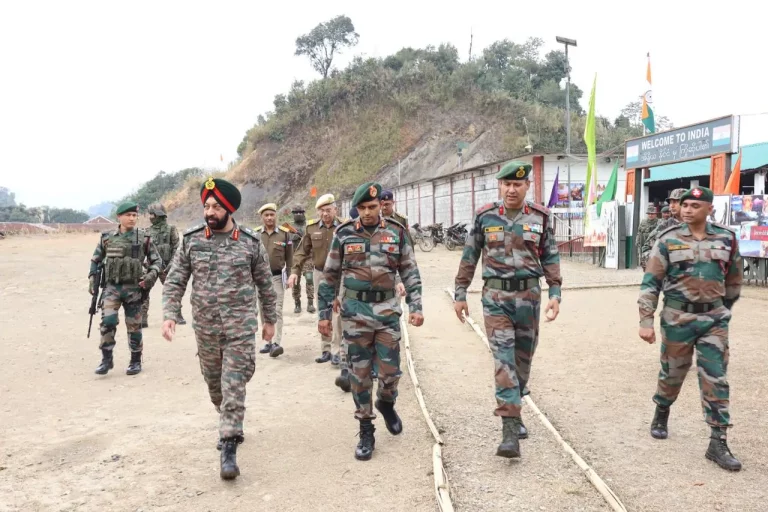India has broadened the scope of its ongoing evacuation mission, Operation Sindhu, to include citizens of Nepal and Sri Lanka who are currently stranded in Iran. This decision comes in response to requests from both the Nepali and Sri Lankan governments, amidst escalating tensions between Iran and Israel as the conflict enters its ninth day without any diplomatic resolution.
The Indian Embassy in Iran made the announcement on Saturday, clarifying that the assistance will extend beyond Indian nationals. The embassy communicated via a post on X, noting, “On request of the Governments of Nepal and Sri Lanka, the Indian Embassy’s evacuation efforts in Iran will also cover Citizens of Nepal and Sri Lanka.”
Operation Sindhu was initiated earlier in the week to facilitate the evacuation of Indian citizens from Iran, following a significant escalation in hostilities in the region. The conflict intensified after Israeli airstrikes on June 13 targeted Iranian military and nuclear facilities under an operation termed “Operation Rising Lion.” In retaliation, Iran’s Islamic Revolutionary Guard Corps conducted extensive drone and missile strikes against key Israeli installations, commencing its operation dubbed “Operation True Promise 3.”
As of June 21, the Indian Ministry of External Affairs reported that 517 Indian nationals have successfully returned under Operation Sindhu. A dedicated evacuation flight from Ashgabat, Turkmenistan, landed in New Delhi early Saturday, bringing back a new group of evacuees. Ministry spokesperson Randhir Jaiswal reiterated the ongoing nature of the mission in a post on X.
Images from New Delhi’s Indira Gandhi International Airport captured the arrival of relieved students and professionals who had fled from Mashhad, a city significantly impacted by the evolving security crisis.
India’s active intervention to assist citizens from neighboring nations underscores its expanding diplomatic outreach and humanitarian efforts in times of crisis. The extension of Operation Sindhu aligns with India’s historical precedent in executing large-scale evacuation missions under tumultuous circumstances. Previous operations, such as Operation Kaveri during the Sudan crisis in 2023, Operation Ajay amid the Israel-Hamas conflict in 2023, and Operation Devi Shakti, launched following the Taliban takeover in Afghanistan in 2021, highlight this commitment.
Further illustrating India’s proactive approach, missions like Operation Ganga (Ukraine, 2022), Operation Samudra Setu (COVID-19, 2020), Operation Raahat (Yemen, 2015), and Operation Safe Homecoming (Libya, 2011) have established India as a capable operator of complex international rescue missions under perilous conditions.
Given the ongoing developments in the Israel-Iran conflict, Indian officials have indicated that Operation Sindhu will be vigilant and responsive, focusing on ensuring the safety of Indian nationals while extending assistance to neighboring countries in need.
